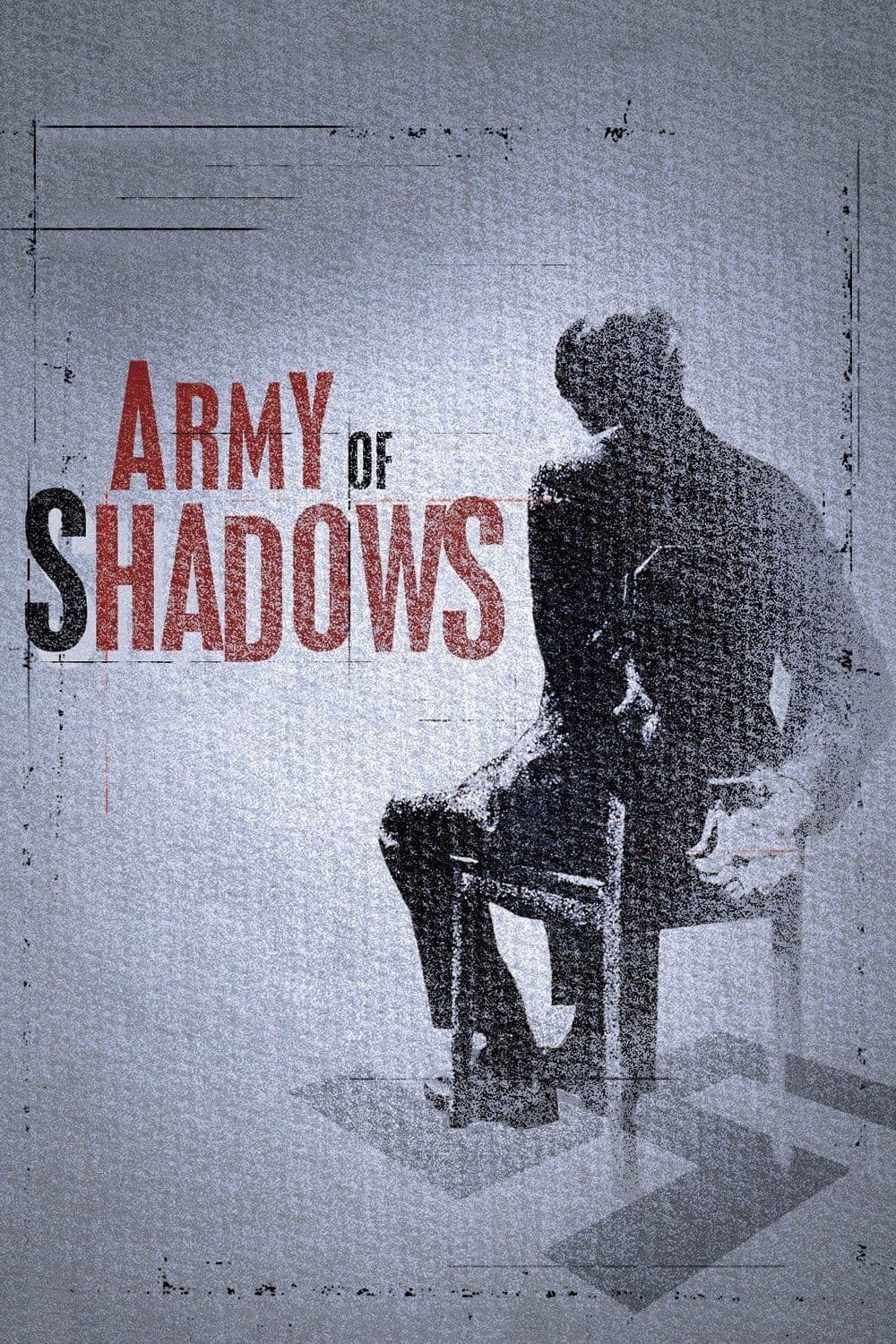
Army of Shadows
1969
Rate this movie
Average: 5.00 / 5
(1 votes)
Director
A Melville you don't expect, or perhaps the purest and most distilled Melville of all. With Army of Shadows the master of French Polar seems to abandon the dark themes of metropolitan noir, trench-coated gangsters, and smoky bars to delve into the war drama that engulfed and overwhelmed France. But this is only a superficial impression. In reality, Melville performs a brilliant and subversive operation: he does not abandon his chosen genre, but transplants its cold heart and ruthless codes into the body of the French Resistance. The beautiful original title of this work, L'Armée des Ombres, immediately hints at the ultimate meaning of the narrative. What Melville shows us is not an army of sunny heroes, but a clandestine organization that operates with the same logic, the same professionalism, and the same terrible moral necessity as a gang of criminals. An underground army that, during the fierce Nazi occupation, moved silently behind a respectable facade to offer silent but strenuous resistance to the invader. Based on the famous novel of the same name by Joseph Kessel, written in 1943 by an eyewitness to those tragic events and published a few years later, it is a raw account of the activities of the Resistance. But it is also a deeply personal film for Melville, himself a veteran of the Resistance, who waited more than twenty years to make it, as if to find the right emotional distance and perfect stylistic maturity. The heroes of this army are men, it must be said, stripped of all rhetorical propaganda, but depicted in their fragile, exhausted humanity. And this is perhaps the most intimately fascinating aspect of this film: its characters barely walk forward as they desperately try to survive Nazi repression or the moral ambiguities inherent in their position. Melville's Resistance seems like an inevitable path to death, a deadly trap in which men struggle in vain. This dark and somewhat oblique view of history, especially in the post-1968 France in which the film was released, elevates the artistic value of the work, giving it a patina of dark indecipherability and unfathomable semantic latency. The film was a flop upon its release, accused of being too ‘Gaullist’ at a time of protest, but the truth is that it was the exact opposite: too pessimistic and complex for a country still searching for simple and comforting myths.
The film opens with an iconic and chilling image: a long, motionless shot of German soldiers marching down the Champs-Élysées, with the Arc de Triomphe in the background. It is 1940, the year France capitulated to the enemy and became, in effect, a militarily occupied nation. Melville begins his film not with an act of heroism, but with an image of total, humiliating defeat. It is a statement of intent that sets the somber tone for the entire work. The action then shifts and takes place in 1942. The protagonist of the story, Philippe Gerbier (a monumental Lino Ventura in his stoic impassivity), a sober anti-fascist intellectual, is captured and taken to a prison camp controlled by the Vichy police, the collaborationist government acting in concert with the invaders. The man's personality is immediately established: he is the prototype of the Melvillian hero: silent, professional, laconic. He sits silently in the prisoners' barracks, offering his cigarettes to his comrades. There are no grand speeches, only gestures. The man is then taken to a Paris hotel to be interrogated by the Gestapo, but thanks to a stratagem he manages to escape and cover his tracks, thanks in part to the silent help of a barber who hides him in his shop. After this episode, Gerbier leaves Paris to join a handful of Gaullist partisans in Marseille. From here, he continues his Resistance activities in the form of sabotage, without ever opposing the enemy militarily. His first action as head of the network is to decide how to kill the comrade who betrayed him to the police. The scene of the traitor's killing is emblematic of the film's philosophy. The man is taken to a house rented for the occasion, but the presence of noisy neighbors makes Gerbier and his companions fear they will be discovered. The option of executing the traitor with a gun, which is too loud, is therefore discarded. He is strangled with a dishcloth. The act is clumsy, intimate, and horrible. Everything takes place in an unreal silence, and the camera lingers on the faces of the executioners and the executed. Everything appears diaphanous and surreal, in a silent and prolonged expression of horror that passes indifferently across each face. There is nothing heroic about this murder; it is a dirty, necessary job, a monstrous act carried out in the name of a just cause. It is the first in a long series of moral compromises that the protagonists will have to face. Gerbier's group is joined by Jean-François Jardie, whose brother, Luc, a refined and solitary Parisian intellectual, is in fact the secret leader of the French Resistance, “Grand Patron.” The meeting between the two brothers, in Luc's Parisian home, is played out on a different semantic register from the rest of the film, and one gets the impression of witnessing the introduction of an indolent and fearful character whose true nature will later be revealed. The opportunity to reveal his true identity comes during a secret trip by Luc Jardie and Gerbier to London to coordinate the activities of the Resistance with those of the Allies. The two men, having received vague promises of cooperation from the British, who are reluctant due to Churchill's distrust of the Resistance itself, wander around London, where life, despite the war, appears cheerful and carefree, light years away from the overwhelming terror that reigns in France at that time. The two men even had the opportunity to see the film Gone with the Wind, commenting on its beauty as they left the cinema. This surreal interlude serves to underline their profound alienation: they are ghosts visiting the world of the living, a world they are fighting for but to which they no longer belong. While still in London, they receive news that Félix, a fellow fighter, has been captured by the Germans and is being tortured. Gerbier rushes back to his homeland, parachuting from a British plane into a rural area. Mathilde (an extraordinary Simone Signoret), a strong-willed woman with a brilliant temperament, informs him of the situation and tries to devise a plan to free Félix, but everything proves futile. Jean-François then voluntarily surrenders to the enemy in order to give Félix a cyanide pill, but even his sacrifice is in vain. Finally, Gerbier is also captured by the Germans, who sentence him to death by forcing him to run in a shooting range with a machine gun pointed at the condemned men. But during the race, Mathilde manages to free Philippe through a clever stratagem and bring him to safety. By now, the culture of suspicion has irreparably poisoned relations between the Partisans, and once Mathilde falls into the hands of the Nazis, the worst is feared, because of the woman's daughter, whom the Germans use to blackmail her and force her to talk. Once Mathilde is freed, Luc, Philippe, and the others have no choice but to kill her to prevent her from revealing the entire underground network. In the film's final, chilling scene, Mathilde stares intently at Luc and Philippe, who are waiting for her in a car with a gun in their hands. The shots that bring down Mathilde, the strongest and most capable of them all, are also a devastating blow to the men's consciences, to their unshakeable ideal of a homeland free from invaders, at any cost. Mathilde's gaze appears resigned and incredulous at the same time, a stabbing blow to the purity of a struggle that, in order to succeed, had to trample on the very patriots who heroically carried it forward.
Ultimately, Army of Shadows is Melville's masterpiece because it is his most personal and universal work. It is a tribute to the silent courage of the Resistance, but also a desolate meditation on the moral price of that courage. His style, which combines the almost ascetic rigor of Robert Bresson with the fatalistic mythology of noir, creates a unique atmosphere of tension and melancholy. The film ends with captions informing us of the final fate of the protagonists: almost all of them will die, captured, tortured, or by suicide. There is no victory, no triumphal parade. There is only silence. Melville dismantles the romantic myth of the Resistance to show us a more complex and painful truth: a story of exhausted, frightened, and extraordinarily courageous men and women who chose to walk in the shadows, knowing that they would most likely never see the light again. This is not a film about victory, but about the profound, tragic dignity of the struggle itself.
Main Actors
Genres
Gallery

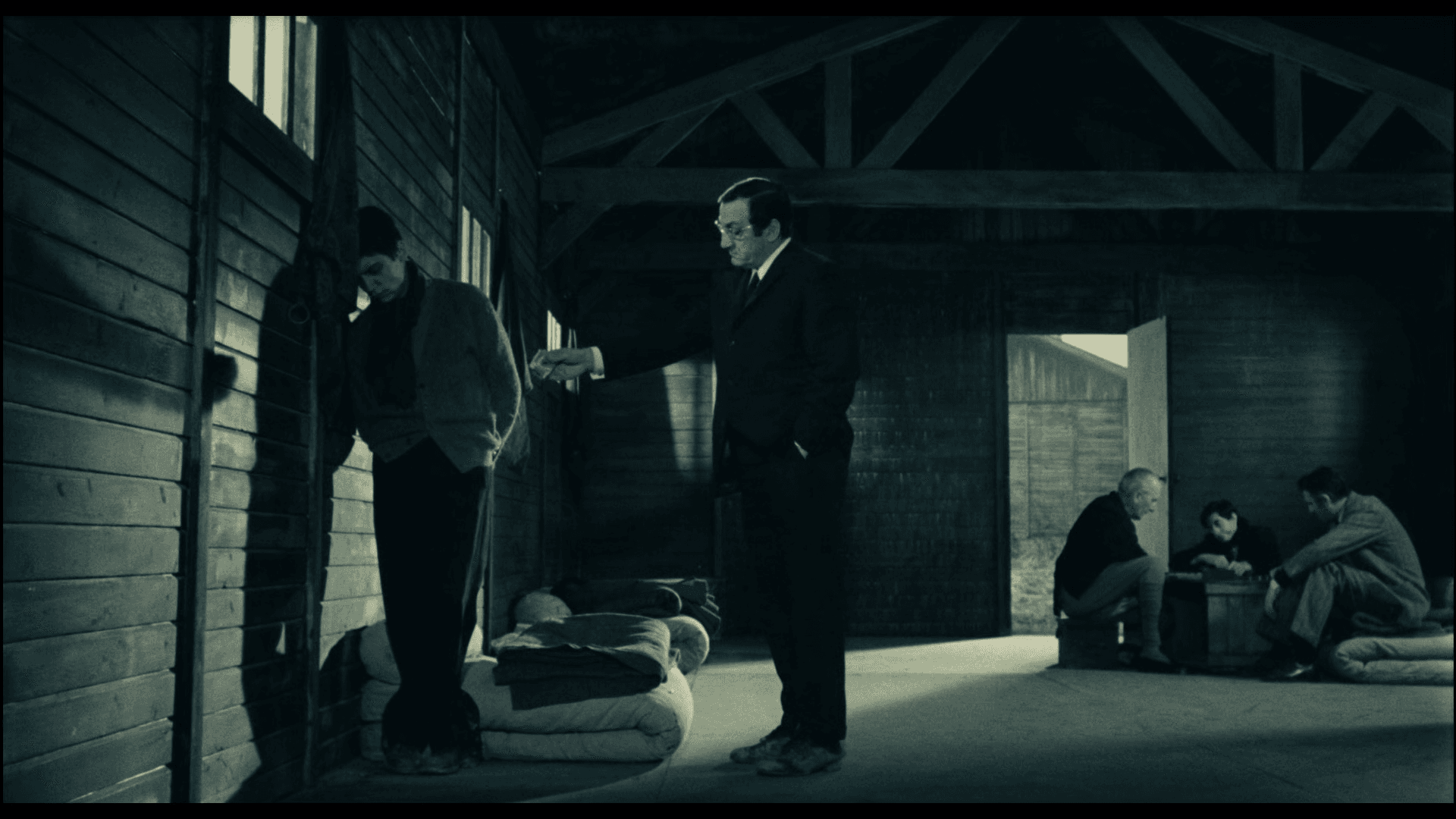
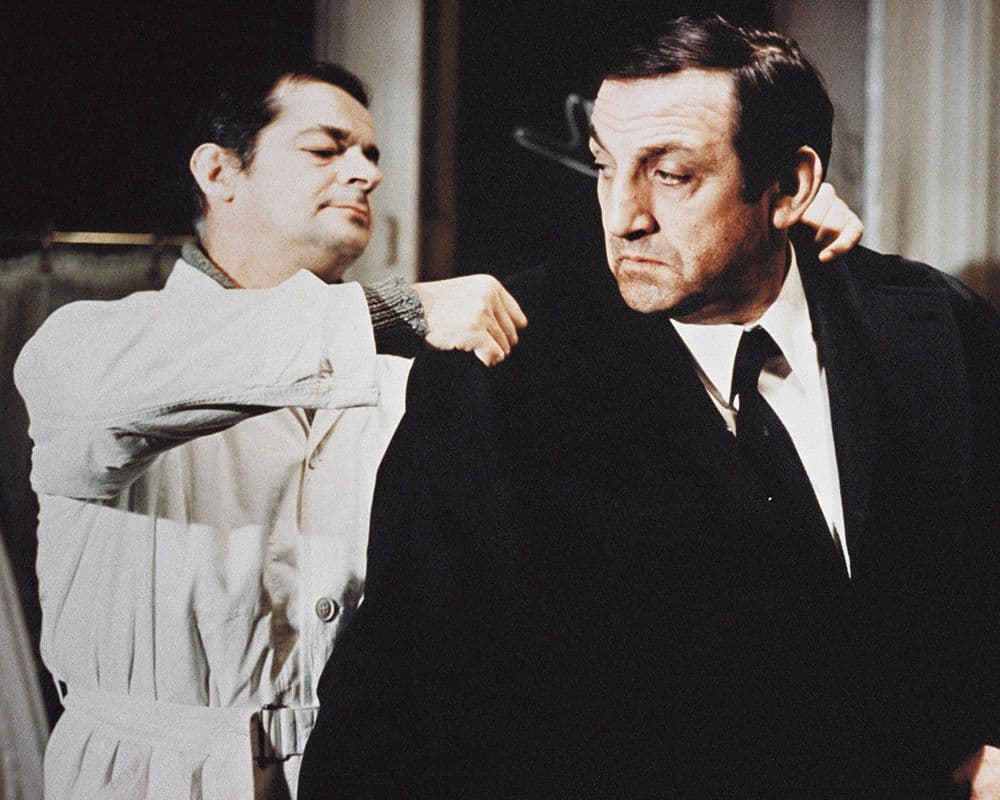
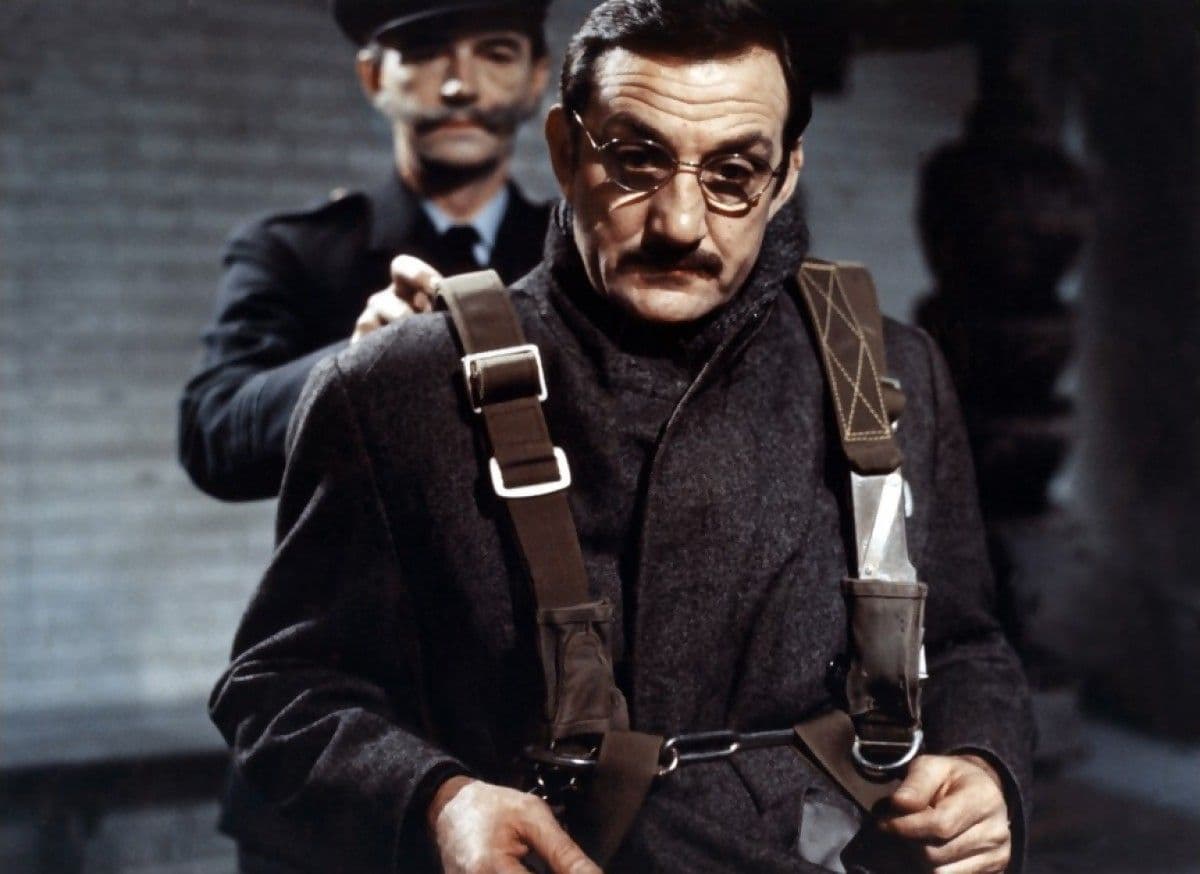
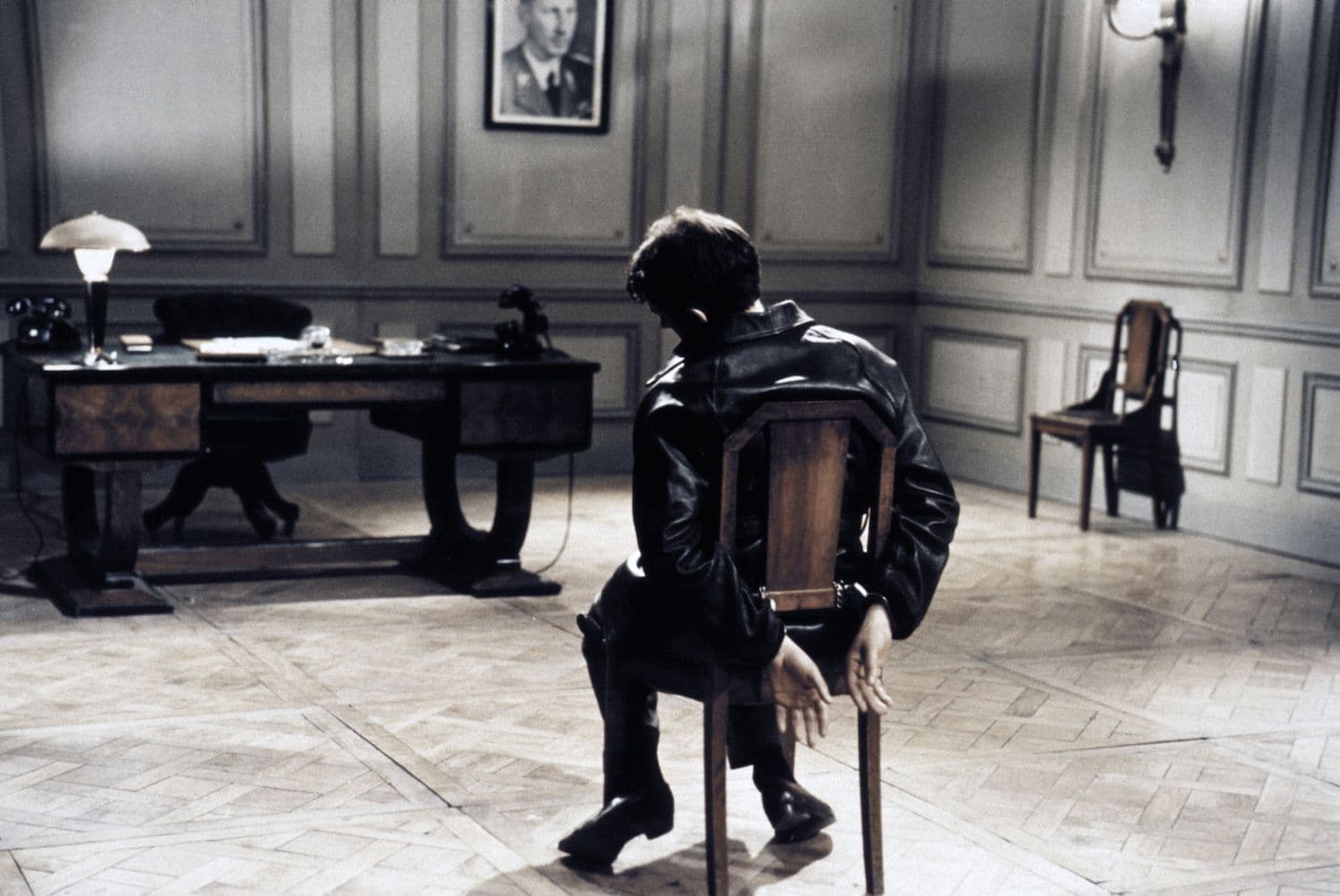
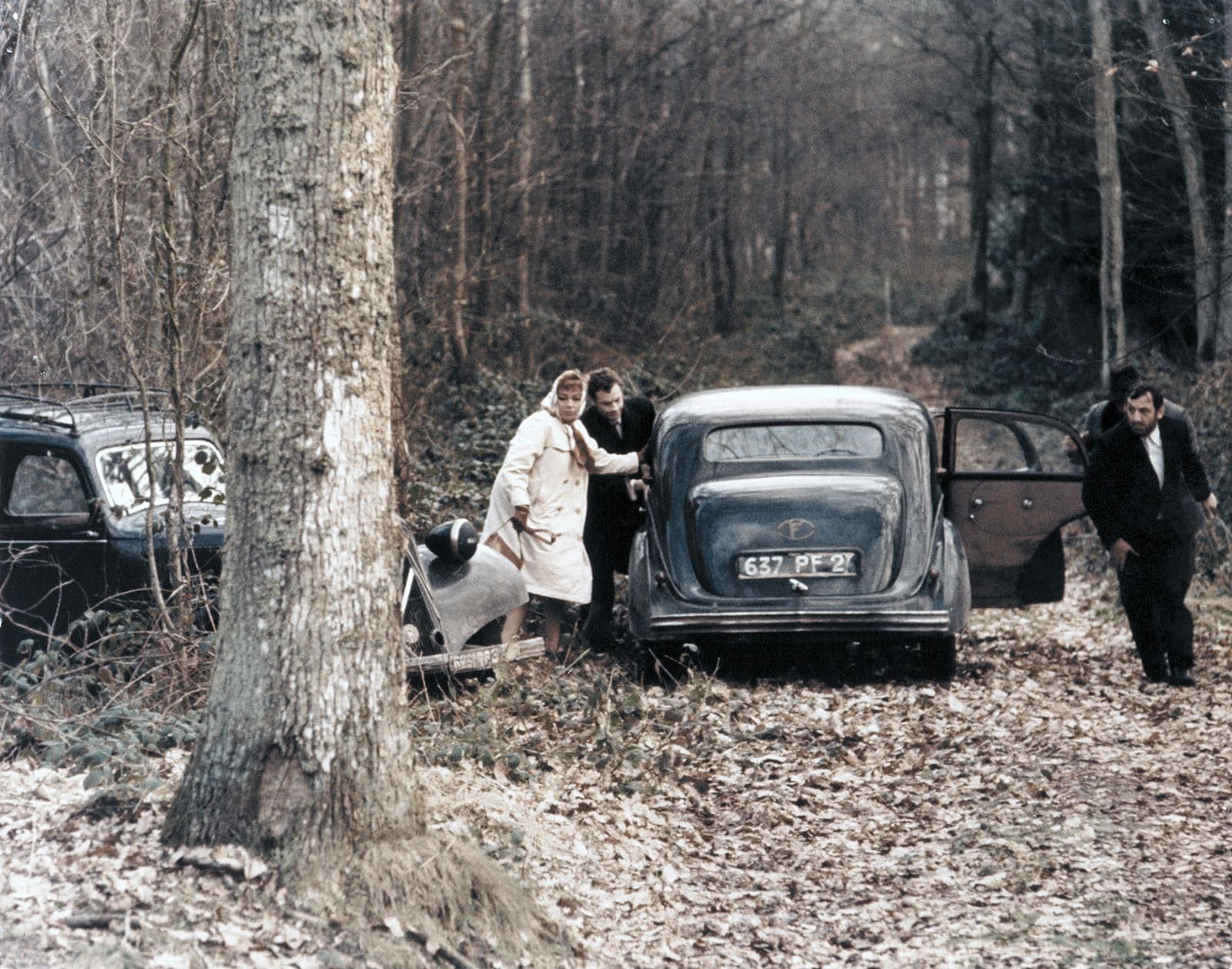
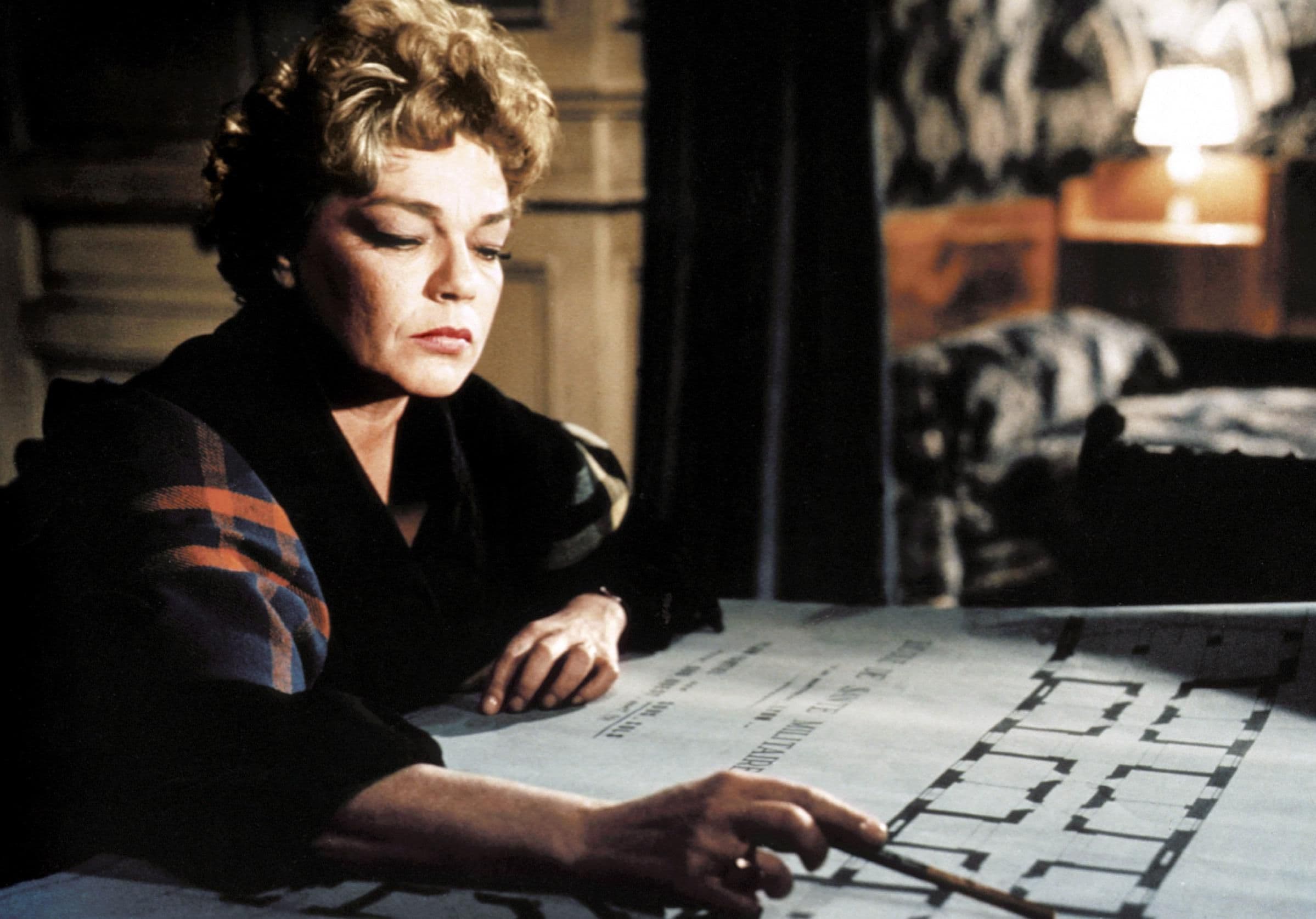
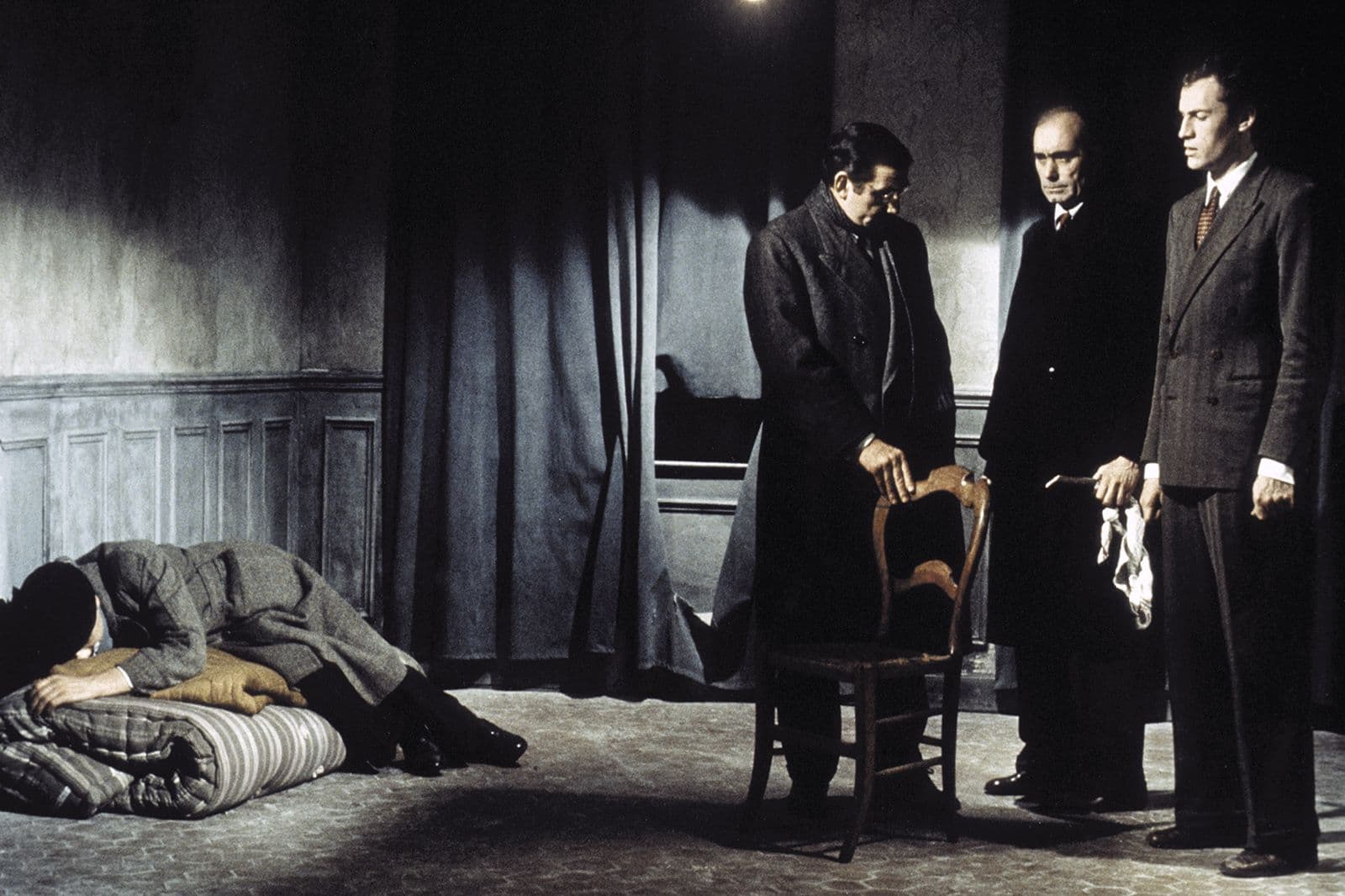
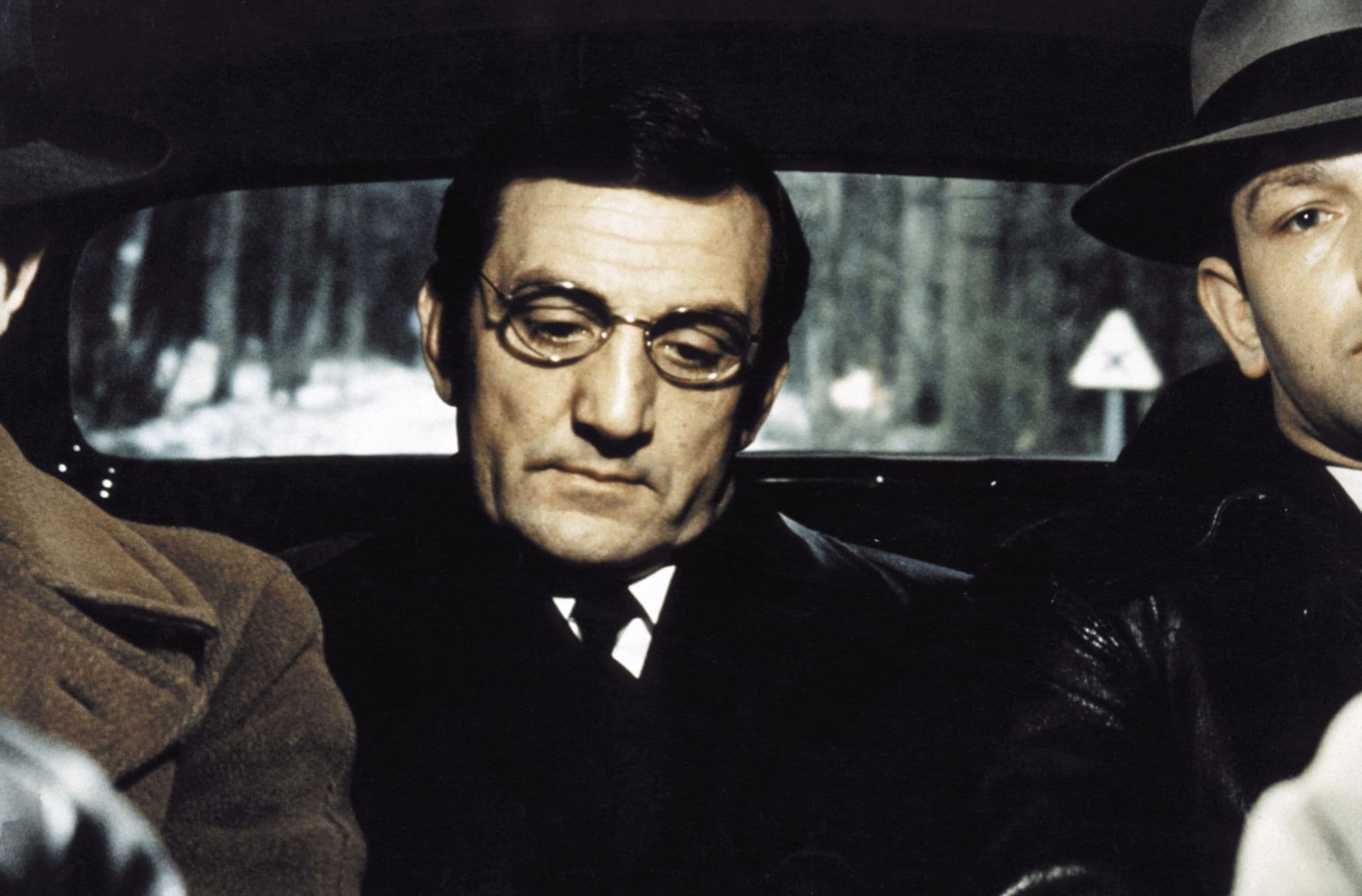
Featured Videos
Trailer
Comments
Loading comments...